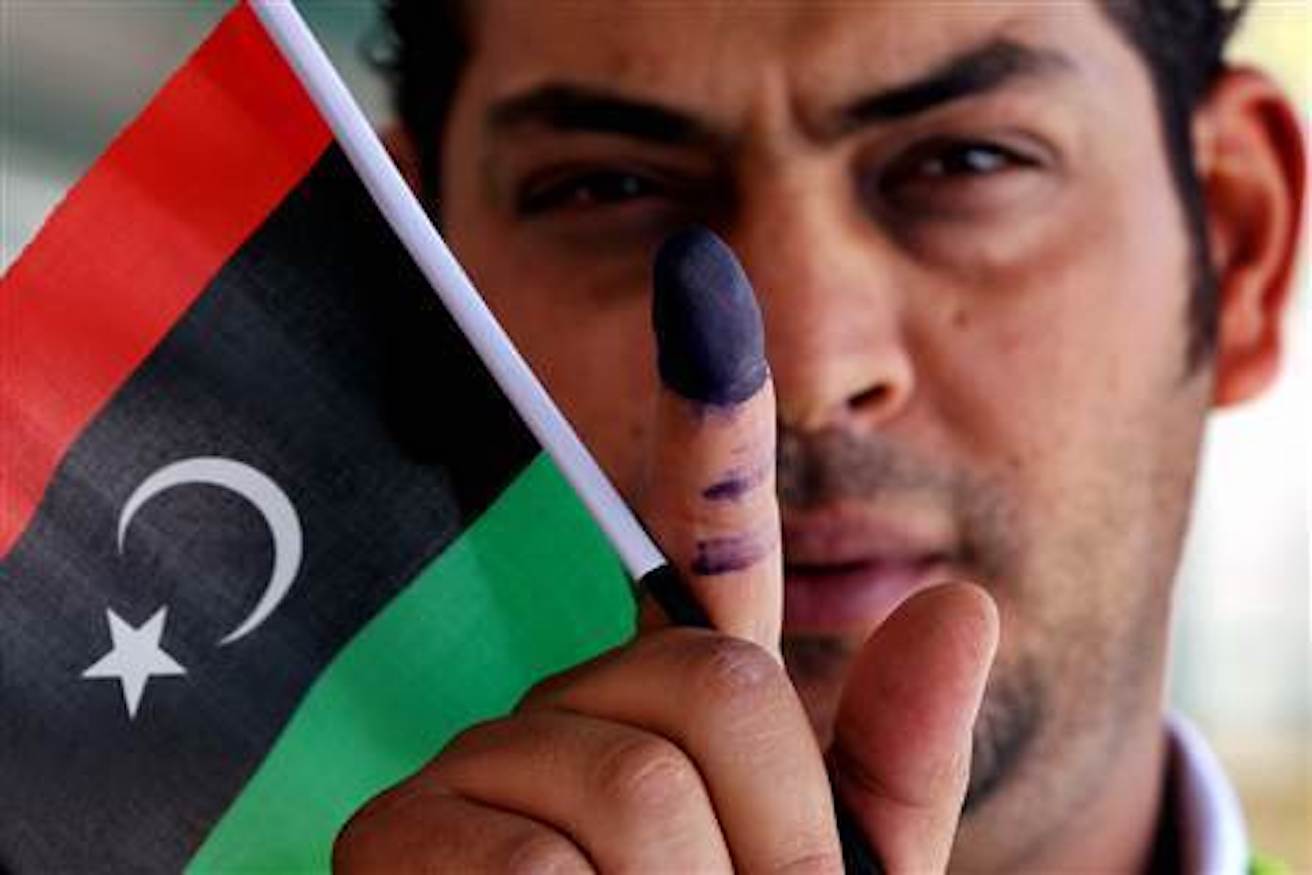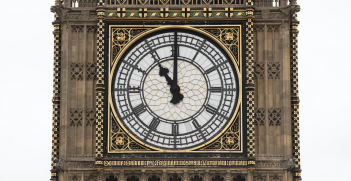Fresh Thinking Required for Libya’s Chaos

International efforts to reset Libya’s transition have been unsuccessful despite many attempts by the UN, the EU and others.
There is a broad consensus that the key factors that have prevented a sustainable deal of any kind include: foreign indifference and regional interference, the legacy of 42 years of Gaddafi’s rule and Libya’s unique political economy. Each requires a distinct strategy to turn things around and all will be difficult.
First, the key NATO countries that led the charge for Qaddafi’s removal; the UK, France and Italy need to surmount their narrow security, energy and immigration interests, curtail their flagrant support of rival factions in Libya and generate a broader vision in support of UN envoy Ghassan Salame’s mediation efforts. Normally, the US would be essential here also but it’s certainly expecting too much in the current environment.
Second, the UAE and Egypt, and Qatar and Turkey have to cease their regional struggle over the Muslim Brotherhood and political Islam. This lies at the core of the UAE and Egypt’s support for Khalifa Haftar’s forces in eastern Libya and Qatar and Turkey’s support to Misrata and Tripoli. This brought renewed fighting to the gates of the capital in May 2019 and will further deepen the civil war. The UAE in particular has unwaveringly pursued the Muslim Brotherhood throughout the region and has unsuccessfully lobbied the UK and the US to fall in behind its belief that the movement is a terrorist organization. In Libya, as in Yemen, the UAE has done this to the detriment of the internationally recognised transitional governments in both countries. Unless this crusade stops then neither will the fighting, in Libya, or the broader region.
Third, Gaddafi’s legacy means that Libya’s political transition might need to follow an altogether unfamiliar sequence and trajectory. Gaddafi’s revolutionary thinking encapsulated in the ‘Green Book’ railed against elections, political parties and popular representation. At the same time, Gaddafi established a direct link between himself and the population, there were no mediating structures and the muscle tissue of government, its institutional capacity, was missing. In Libya this has meant profound challenges in establishing legitimate political institutions which can represent constituencies, aggregate policy preferences and make decisions, resolve disputes and generate national level policies. Libyans struggle to agree with who or what will represent them nationally, regionally and locally, be it elites, militias or tribes.
However, between 2014 and 2016 more than 100 municipal councils across Libya were legally elected. Twenty-three of the councils correspond with the capitals of the former shaabiya (districts) and are seen as more legitimate than other institutions. The councils have four year terms, each is made up of seven-nine members; one seat is reserved for women and one seat for a revolutionary representative. These councils are up for re-election and need broader financial support beyond operating costs.
Fourth, the nature of the crisis in 2011 and the gradual insertion of militias into the political process collided with poorly thought out economic decisions. For example, when Tripoli fell in August 2011 to a hydra-headed group of militias the fighting for control of the capital and for the weapon arsenals foreshadowed later squabbles. Subsequently, in November 2011 the unfreezing of the Central Bank of Libya’s assets by the UN Security Council (UNSC) saw some USD $110 Billion made available to a divided society before an agreement could be made on a new economic framework to facilitate social and political reconciliation. The decision was part of the “Libyan-led” mantra and a product of political haste and intellectual laziness. But it was also pragmatic. The Minister for the Economy at the time supported the increased subsidies to the militias as a mechanism for maintaining the revolutionary alliance. But the payouts to armed factions saw their exponential growth. Those who argued against unfreezing the assets said that public expenditures should be ring-fenced until a mechanism could be found to control costs and a budget approved by the World Bank and the International Monetary Fund (IMF).
What’s required, according to two Libyan economists, is an alternative economic model that proposes new incentives for Libyans to cooperate. At its core is the concept of a Universal Basic Income (UBI) for each Libyan family, or a basic social safety net which is not linked to wage/employment in the public sector and thus removed from the regressive, competitive dynamics of militia control over the payroll and subsidy entitlements.
The model also provides local communities the right to manage their own recurrent and capital budgets from the Central Bank of Libya (CBL), as a real share in the flow of funds from natural resources. Local government becomes a core duty of Libyan communities and also comes with the responsibility to dissolve the militias and reconcile within local communities before national level institutionalisation. All natural resources are owned by Libyans but are now allocated to specific shares for UBI and local partnership.
Such an agreement would lay the foundations for general fiscal rules that would govern how much of the budget the central, local, and social portions receive, and would in theory depoliticise the key economic institutions like the CBL, the National Oil Company (NOC) and the Libyan Investment Authority (LIA), and provide a venue for an international assistance framework for Libyan governance. To be sure, it’s an audacious idea. However, it could be tackled within the framework of the current crisis noting the need to establish the legal and normative basis for such an approach.
It’s time to recognise that Libya cannot be put together at the centre anymore. Prospects for the Constitution Drafting Assembly (CDA) to codify a political settlement seems low. And parliamentary and presidential elections won’t address Libya’s underlying challenges. Meanwhile, Libyans are growing accustomed to rival governments in Tripoli and Tobruk and most military factions in the capital including Misrata will not accept Khalifa Khaftar as chief of security nor will they accept elections before a new constitution is written. However, a new approach based on economic incentives for local government and the end of the regional proxy-war in Libya? Most people would welcome that.
Dr Peter Bartu is a Lecturer in Global Studies at UC Berkeley and was in Benghazi and Tripoli throughout the 2011 revolution as part of the UN’s standby mediation team.
This article is published under a Creative Commons Licence and may be republished with attribution.





